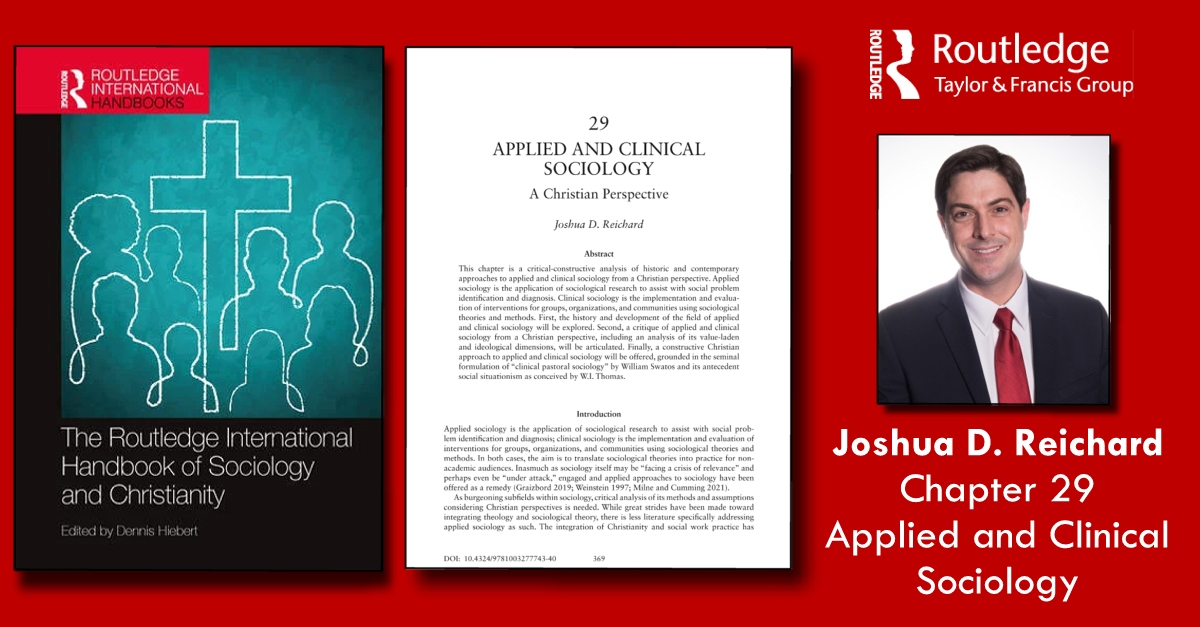
What is Applied and Clinical Sociology?
Applied and Clinical Sociology involves applying sociological theories and methods to address real-world problems. Applied sociology uses sociological research for informed decision-making and problem-solving in various settings. Clinical sociology centers on direct intervention, aiming to facilitate positive social change, often through therapeutic and remedial methods. Both fields emphasize the significance of sociological knowledge in practical contexts, bridging academic theory with constructive social change.
| Criteria | Applied Sociology |
Clinical Sociology |
| Focus | Applying sociological theory and methods to solve practical problems |
Interventions and change in specific settings or communities |
| Main Goal |
Informed decision-making, policy improvement, organizational development |
Direct client service, community betterment, therapy and support |
| Approach |
Research-oriented, providing data-driven perspectives |
Hands-on, personalized, often therapeutic interventions |
| Methodology | Surveys, data analysis, consulting | Counseling, program development, direct engagement with groups |
| Application Areas | Public policy, corporate sectors, non-profits | Healthcare, family services, community development |
| Outcome | Policy design, organizational change, societal improvements | Social change, individual and community healing, improved quality of life |
The chapter “Applied and Clinical Sociology: A Christian Perspective” by Joshua D. Reichard (Certified Clinical Sociologist) offers a detailed analysis of how Christian perspectives can enrich and guide the practice of applied and clinical sociology. It discusses the historical and contemporary approaches to these fields from a faith-based viewpoint. Sociological research can support identifying and diagnosing social problems and implementing interventions. It also critically examines the integration of Christian values with sociological practices. Furthermore, the chapter proposes a constructive Christian approach to sociology, grounded in seminal formulations like “clinical pastoral sociology” and W.I. Thomas’ social situationism. This synthesis provides an insightful look into the potential of Christian ethics to influence sociological practice positively.
Introduction
The chapter begins by outlining the concept of applied and clinical sociology. It emphasizes these disciplines’ role in addressing social issues, guiding decision-making, and facilitating positive social change.
Historical Context
Reichard provides a historical overview, tracing the development of applied and clinical sociology. He notes early influences and the evolution of these fields, underscoring their significance in modern sociological practice.
Defining Applied and Clinical Sociology
The chapter defines applied sociology as the practical application of sociological knowledge, whereas clinical sociology is characterized by its focus on intervention strategies for social change.
Christian Perspectives in Sociology
A significant focus of the chapter is the integration of Christian perspectives into sociological practice. Reichard discusses how Christian ethics and values can enrich sociological research and interventions.
The Role of Clinical Sociology
As described in the chapter, clinical sociology involves direct intervention in social issues. Reichard explores how incorporating Christian ethics can impact these interventions, particularly regarding ethical considerations.
Challenges in Integrating Christian Ethics
The chapter also addresses the challenges of integrating Christian ethics with sociological methods. Reichard acknowledges potential conflicts while suggesting ways to harmonize these perspectives.
Practical Applications and Case Studies
Reichard provides examples of how applied and clinical sociology can be practiced within a Christian framework, including case studies and real-world applications in various social contexts.
Future Prospects
The chapter discusses future directions for applied and clinical sociology from a Christian perspective. Reichard emphasizes the potential for growth and influence in this interdisciplinary field.
Christian perspectives on applied and clinical sociology emphasize integrating faith-based ethics and values into sociological practice. This integration involves critically examining and applying Christian morals to social research and interventions. Christian sociologists aim to contribute to the field by aligning sociological methods with biblical principles, addressing social issues with compassion and justice, and enriching sociological understanding through a religious lens. This approach advocates for a balance between empirical research and spiritual considerations, highlighting the potential for Christian ethics to constructively influence sociological practices.
Doctor of Social Leadership Degree
Prospective students can earn a Doctor of Social Leadership (DSL) degree from Omega Graduate School. This program is designed for those seeking leadership roles in social change, focusing on integrating Christian principles. The curriculum includes research methodologies and leadership studies, preparing students for practical and strategic roles in various organizations. The program’s details, including admission requirements and course structure, can be found on the Omega Graduate School website.
For more information, please visit their Doctor of Social Leadership program page.
International Handbook of Sociology and Christianity
The complete International Handbook of Sociology and Christianity (2023) is available for purchase at Taylor & Francis.
